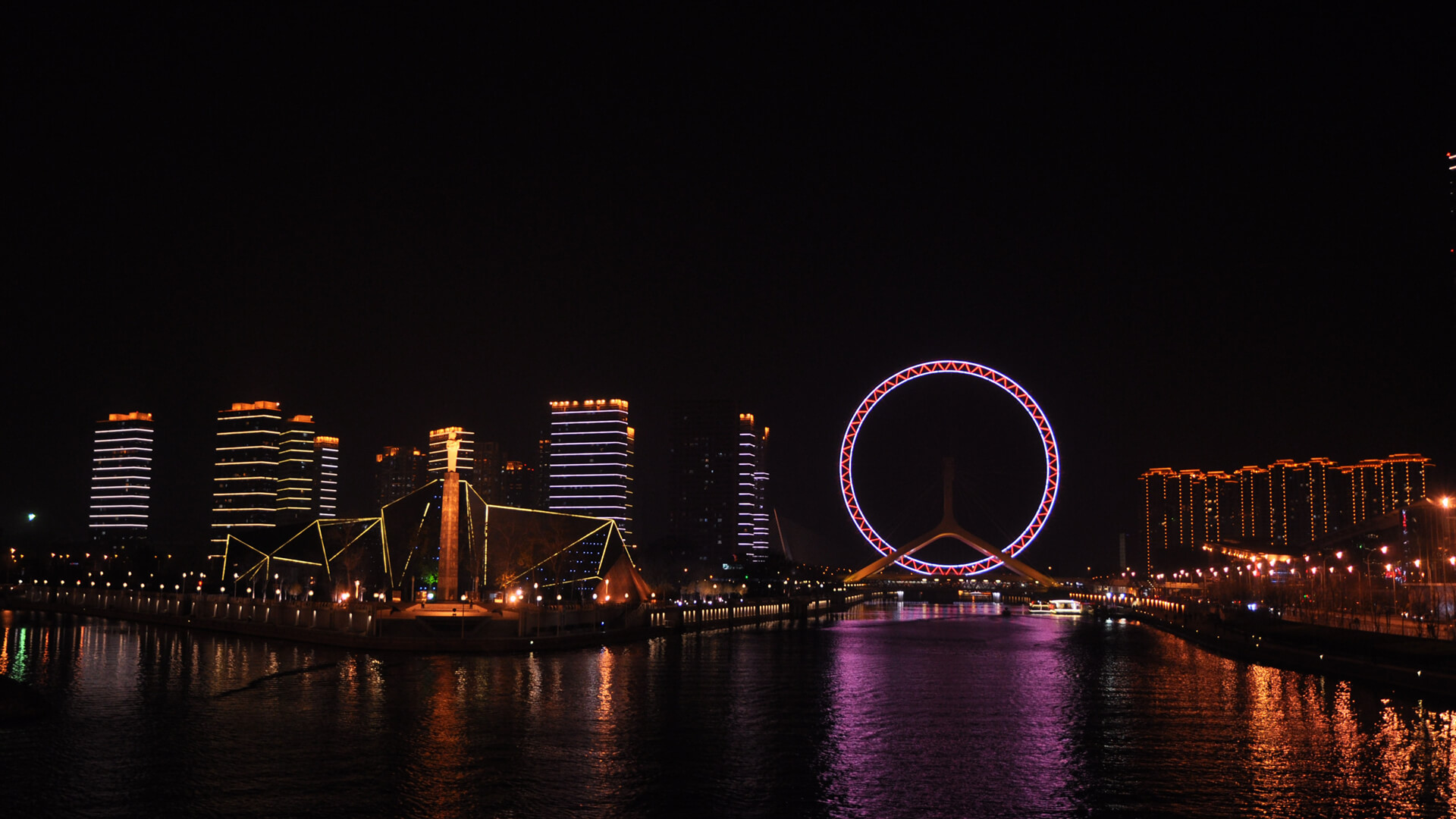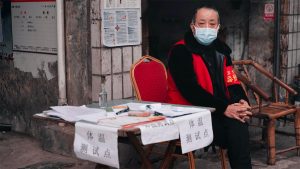Several signs point to THE possibility of Chinese officials instituting at least a partial lockdown of the northern port city of Tianjin as early as this weekend. The largest northern Chinese port, Tianjin is also a city of over 12 million people, and its port is vital for delivering goods–bulk ores, coal, liquid fuels–for the region’s heavy industries and textile manufacturing.
The Omicron variant has already been detected in the city, notably in the Beichen and Dongli districts, where local health officials mandated localized testing and quarantine restrictions on May 16. Widespread testing through these areas–and the removal of tens of thousands of residents into forced quarantine–now looks like it might spread throughout the city. Local officials have also already gone ahead and identified a scapegoat: imported frozen food products.
What’s a little authoritarian lockdown without some trade nationalism?
Tianjin already experienced a partial lockdown in January of this year. Partial in part due to the city’s vital role as the primary port serving Beijing, and also a domestic concern over optics during the Olympics. As we’ve seen from reports and local social media uploads, the lockdowns at the very least cause an undue amount of stress on local Chinese residents. At their worst, they reveal the ugliest face of an authoritarian regime that uses drones to threaten its citizens who dare to scream out in hunger in the middle of the night.
Beyond the human toll of these lockdowns, the Chinese economy and manufacturing base is increasingly finding itself disconnected from global trade. China’s financial hub of Shanghai is currently in its seventh week of lock-down, the southern port city and manufacturing hub of Guangzhou is under lockdown, more and more districts of the capital city of Beijing are entering a so-called “slow motion” lockdown. If we add in Tianjin, as it increasingly looks like we might, that’s several of China’s largest trading and industrial zones, plus the administrative core, under lockdown.
Even in cases where the government seeks to ease lockdowns for critical manufacturing and port operations, worker shortages in China are causing all manner of delays and supply chain dislocations. Over a hundred ships are waiting off of the port of Shanghai as of writing (Hong Kong and Shenzen have nearly 200). Lest you think that labor issues have been sorted out at Western ports, let me remind you that there is still a wait of over three weeks for ships to dock at the port of Vancouver.
It is hard to overexaggerate the role of the Chinese worker in our current globalized economy, and the impact Chinese labor has had on the post-Cold War system. All of that is going away. In return? Rising labor costs, at a minimum. Assuming you can find the workers. Think inflation is bad now? Just wait.
Nervous? Join us June 8th for a webinar on the global geopolitical environment that will be driving US inflation for years to come. Sign up information at the link below.
Here at Zeihan On Geopolitics we select a single charity to sponsor. We have two criteria:
First, we look across the world and use our skill sets to identify where the needs are most acute. Second, we look for an institution with preexisting networks for both materials gathering and aid distribution. That way we know every cent of our donation is not simply going directly to where help is needed most, but our donations serve as a force multiplier for a system already in existence. Then we give what we can.
Today, our chosen charity is a group called Medshare, which provides emergency medical services to communities in need, with a very heavy emphasis on locations facing acute crises. Medshare operates right in the thick of it. Until future notice, every cent we earn from every book we sell in every format through every retailer is going to Medshare’s Ukraine fund.
And then there’s you.
Our newsletters and videologues are not only free, they will always be free. We also will never share your contact information with anyone. All we ask is that if you find one of our releases in any way useful, that you make a donation to Medshare. Over one third of Ukraine’s pre-war population has either been forced from their homes, kidnapped and shipped to Russia, or is trying to survive in occupied lands. This is our way to help who we can. Please, join us.








